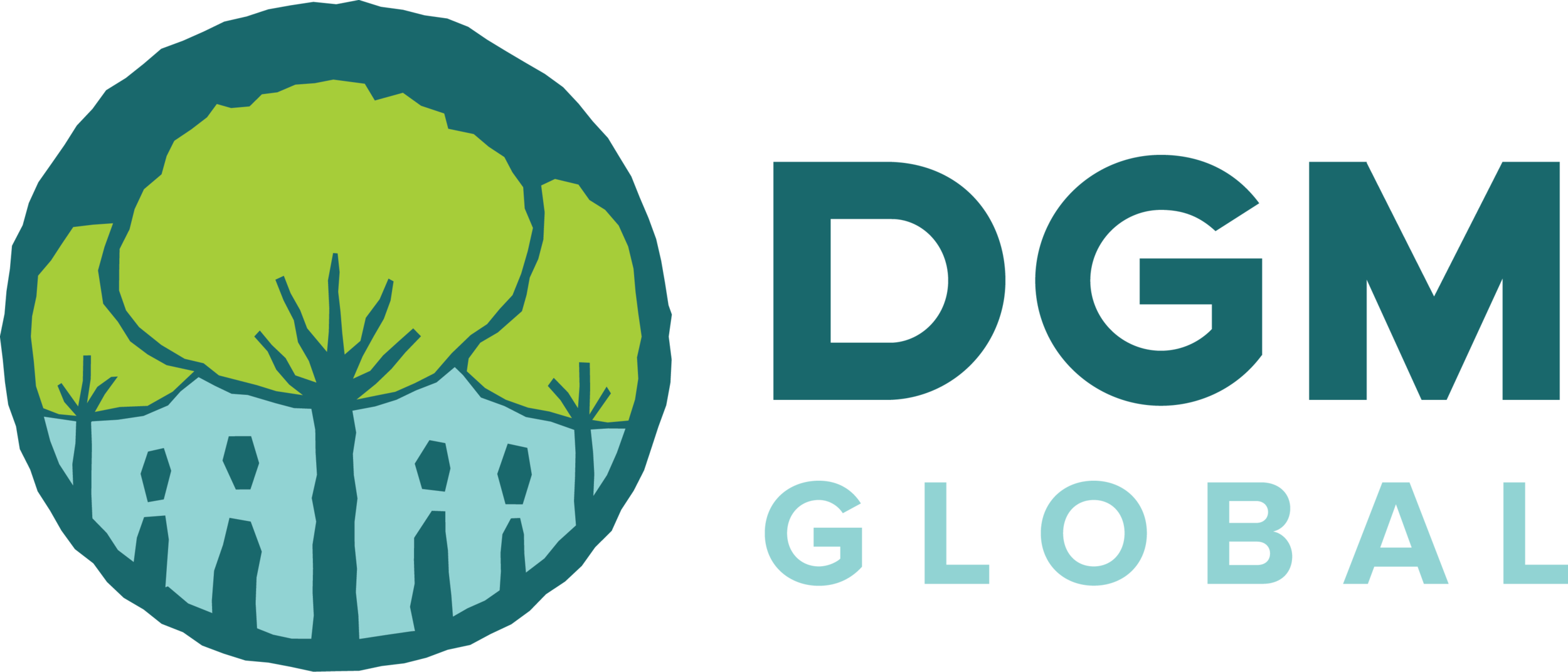Latin America Exchange to be held June 2018
DGM Global cannot guarantee the accuracy of Google translations. In case of discrepancies, the original language takes precedence.
Latin America Exchange, June 2018
As part of the Global Project, the Global Executing Agency annually hosts three regional exchanges (in Africa, Asia, and Latin America) and one global exchange for indigenous peoples and local communities (IPLCs) to exchange their knowledge and experiences around climate change, forestry, and REDD+. The first Latin America Regional Exchange was successfully held last year in Montes Claros, Brazil.
This year, we are excited to announce that the second Latin America Regional Exchange will take place between June 11-15, 2018 in Satipo, Peru. The exchange learning topics include titling of indigenous lands and territories, recognition of communities, management of natural resources, and a day of workshops on the importance of communities in land management practices and ecological monitoring.
The content of the exchange was planned in collaboration with the members of the Global Steering Committee. In addition, the GSC of the DGM, in coordination with members of the NSC, appoints the participants of the exchange. Participants from non-DGM countries are recommended by the members of the GSC and approved by the co-chairs, considering the interest for the DGM as a whole. The participant must commit to share the information received, disseminate it in their communities, and meet the following criteria:
Criteria:
Must belong to a group of indigenous peoples or be a member of a local community.
Actively participate in the DGM program at the local, national or regional level.
Be active and knowledgeable about the knowledge systems of indigenous and traditional peoples that contribute to sustainable forest management and land titling.
Be aware of the National Determined Contribution assumed by your country.
Have participated in other conferences and / or networks related to climate change or forests.
Have participated in national platforms or other conferences related to climate change or forests at any level.
Commit to disseminate information received with IPLCs networks and civil society.
Be able to travel to the workshop in Peru from June 11 to 15, 2018 and already have a valid passport.
Be familiar with the current management of natural resources and ecological monitoring practices.
Be familiar with the current management of natural resources and ecological monitoring practices.
Intercambio en América Latina, Junio 2018
La Agencia Global de Implementación del MDE organiza tres intercambios regionales cada año, en Asia, África y América Latina. El primer intercambio regional para América Latina se realizó con éxito el año pasado 2017 en Montes Claros, Brasil.
El segundo intercambio regional del MDE en América Latina se realizará en Satipo, Perú, entre el 11 – 15 de Junio de 2018. Los temas de aprendizaje del intercambio tienen que ver con titulación de tierras y territorios indígenas, reconocimiento de comunidades y el Manejo de Recursos naturales, además de un día de taller sobre la importancia para las comunidades sobre Prácticas de gestión de la tierra y monitoreo ecológico.
El contenido del Intercambio se planificó con la contribución de los miembros del Comité Directivo Global. Además, el CDG del MDE, en coordinación con miembros del NSC, nombra a los participantes del intercambio. Los participantes de los países No MDE son recomendados por los miembros del CDG y aprobados por los copresidentes, considerando el interés para del MDE en su conjunto. El participante debe comprometerse a compartir la información recibida, diseminar en las comunidades y debe cumplir con los siguientes criterios:
Criterio:
Debe pertenecer a un pueblo indígena o ser miembro de una comunidad local.
Participar activamente en el programa MDE a nivel local, nacional o regional.
Ser activo y conocedor de los sistemas de conocimiento de pueblos indígenas y tradicional que contribuyen al manejo forestal sostenible y la titulación de tierras.
Tener conocimiento de la Contribución Nacional Determinada asumida por su país.
Que ha participado en otras conferencias y/o redes relacionadas con el cambio climático o los bosques.
Ha participado en plataformas nacionales u otras conferencias relacionadas con el cambio climático o los bosques en cualquier nivel.
Se comprometa a difundir información recibida con redes PICLs y la sociedad civil.
Estar habilitado para viajar al taller en Perú del 11 al 15 de Junio de 2018 y que ya tenga un pasaporte válido.
Estar familiarizado con el actual manejo de los recursos naturales y prácticas de monitoreo ecológico.
Estar familiarizado con el actual manejo de los recursos naturales y prácticas de monitoreo ecológico.

